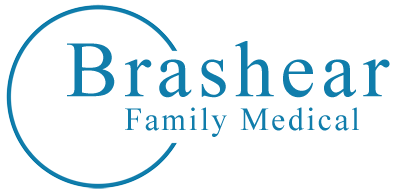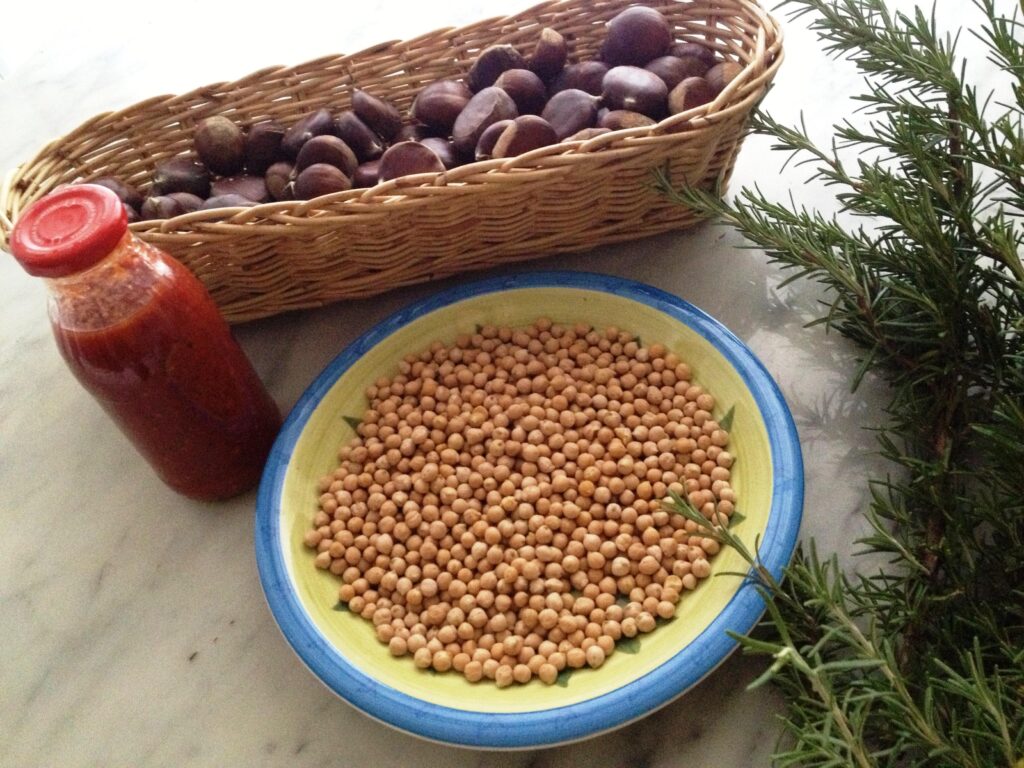Good nutrition during pregnancy, and enough of it, is very important for your baby to grow and develop. You should consume about 300 more calories per day than you did before you became pregnant. Although nausea and vomiting during the first few months of pregnancy can make this difficult, try to form a well-balanced pregnancy diet and take prenatal vitamins. Here are some recommendations to keep you and your baby healthy during your pregnancy diet.
Healthy Eating Goals
Eat a variety of foods to get all the nutrients you need during your pregnancy diet. Recommended daily servings include 6-11 servings of breads and grains, two to four servings of fruit, four or more servings of vegetables, four servings of dairy products, and three servings of protein sources (meat, poultry, fish, eggs or nuts). Use fats and sweets sparingly.
Make sure you are getting enough vitamins and minerals in your daily diet while pregnant. You should take a prenatal vitamin supplement to make sure you are consistently getting enough vitamins and minerals every day. Your doctor can recommend an over-the-counter brand or prescribe a prenatal vitamin for you.
Eat and drink at least four servings of dairy products and calcium-rich foods a day to help ensure that you are getting 1000-1300 mg of calcium in your daily pregnancy diet. Eat at least three servings of iron-rich foods, such as lean meats, spinach, beans, and breakfast cereals each day to ensure you are getting 27 mg of iron daily.
What to Eat During Your Pregnancy Diet While Not Feeling Well
During pregnancy you may have morning sickness, diarrhea, or constipation. You may find it hard to keep foods down, or you may feel too sick to even eat at all. Here are some suggestions.
- Morning Sickness: Eat crackers, cereal, or pretzels before getting out of bed; eat small, frequent meals throughout the day; avoid fatty, fried, spicy, and greasy foods.
- Constipation: Eat more fresh fruit and vegetables. Also, drink 6 to 8 glasses of water a day.
- Diarrhea: Eat more foods that contain pectin and gums (two types of dietary fiber) to help absorb excess water. Examples of these foods are applesauce, bananas, white rice, oatmeal, and refined wheat bread.
- Heartburn: Eat small, frequent meals throughout the day; try drinking milk before eating; and limit caffeinated foods and beverages, citric beverages, and spicy foods.
If you have any problems that prevent you from eating balanced meals and gaining weight properly during your pregnancy diet, ask your health care provider for advice. Registered dietitians are available to help you maintain good nutrition throughout your pregnancy.

